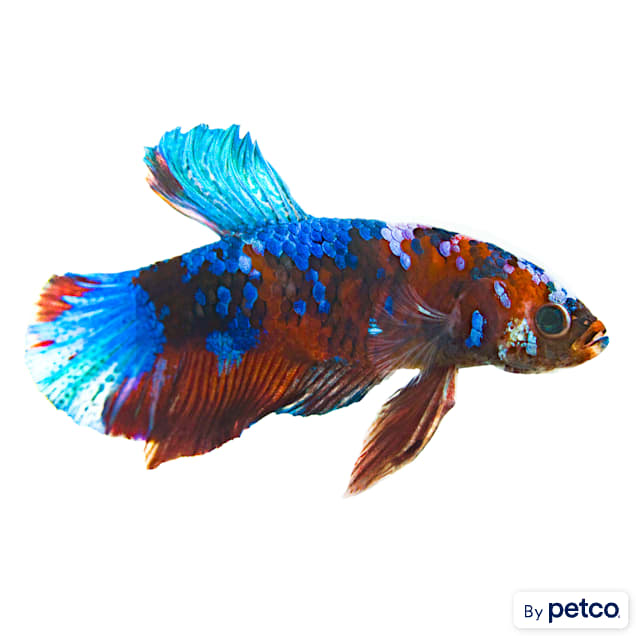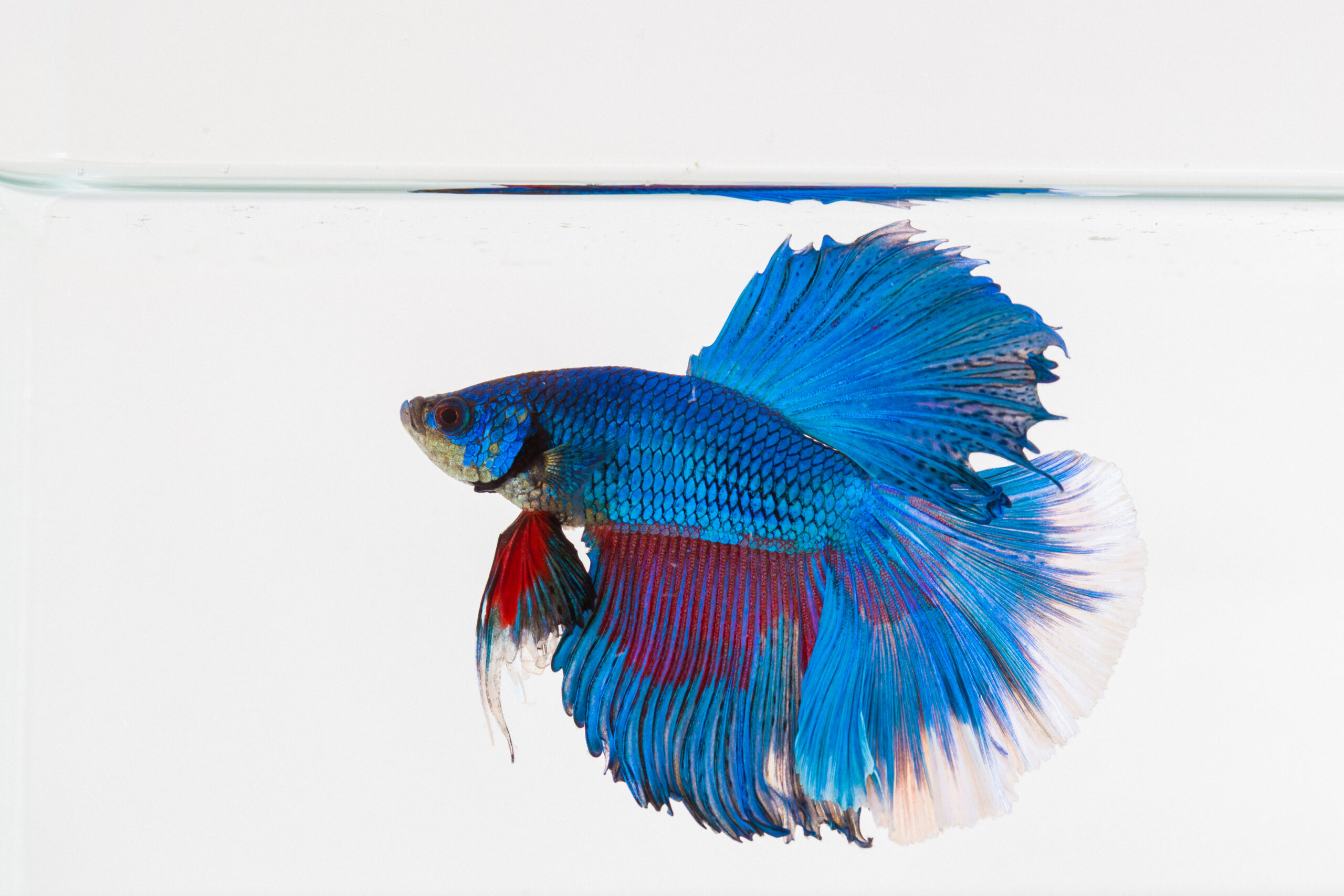Comprehending Betta Fish Habits: What Every Proprietor Must Know
Comprehending Betta Fish Habits: What Every Proprietor Must Know
Blog Article
Everything About Betta Fish: Comprehending Their Unique Requirements, Behavior, and the very best Practices for Optimal Care
Understanding the distinct demands and actions of Betta fish is important for any type of aquarist looking to supply ideal treatment. betta fish. As we check out these aspects additionally, the implications for both beginner and skilled fish keepers end up being progressively apparent, increasing concerns about how best to accommodate these amazing fish in our homes.
Betta Fish Summary
Although typically admired for their dynamic colors and flowing fins, Betta fish, scientifically referred to as Betta splendens, are complex animals that call for details treatment to prosper. Originating from Southeast Asia, these freshwater fish are known for their territorial nature and unique behaviors. Betta fish show sex-related dimorphism, with men displaying extra brilliant colors and longer fins than females.
Their hostile tendencies, particularly amongst males, necessitate careful factor to consider when housing them. Bettas are typically kept in single-specimen containers to stop territorial conflicts. However, they can coexist peacefully with particular compatible varieties in bigger community containers, supplied the environment fulfills their requirements.

To guarantee ideal care, aquarists have to recognize their unique behavioral characteristics, nutritional requirements, and environment requirements. betta fish. With proper attention, Betta fish can display their lively characters and grow in a properly maintained aquarium setting
Natural Habitat and Setting
Betta fish grow in a diverse variety of all-natural environments, mostly discovered in the shallow waters of Southeast Asia, consisting of rice paddies, swamps, and slow-moving streams. These settings are defined by warm temperatures, generally in between 75 ° F and 82 ° F(24 ° C and 28 ° C ), and a pH degree varying from 6.5 to 7.5, which is optimal for their health and wellness and well-being.
In their natural environments, Betta fish are accustomed to dense vegetation, giving both sanctuary and breeding premises. The existence of plants such as floating water lilies and thick yards not just provides defense from killers but additionally contributes to the oxygenation of the water, which is important for their breathing needs. Additionally, these settings typically have areas of still water, enabling Betta fish to exhibit their all-natural behaviors such as bubble nesting.
Recognizing the natural habitat of Betta fish is crucial for fish tank enthusiasts. Duplicating these conditions-- with water temperature, pH balance, and the incorporation of online plants-- can significantly boost the overall wellness and longevity of these exciting fish, ensuring they prosper in a home fish tank setting.
Social Habits and Communications
Comprehending the social behavior and communications of Betta fish is important for effective fish tank management. Betta fish, or Siamese battling fish, are recognized for their distinct behavior attributes, identified largely by territoriality and hostility. Males, specifically, present highly aggressive behaviors in the direction of one another, resulting in the well-known track record of Betta fish as competitors. In a restricted room, two males can participate in fierce battles, typically leading to injury or fatality.
Conversely, women Bettas display less aggressive habits and can exist together in teams, understood as sororities, if presented appropriately. It is critical to check their communications carefully, as pecking order and dominance can lead to conflicts. Understanding the dynamics within a Betta area is essential; developing hiding spots and guaranteeing sufficient space can minimize aggression.
On top of that, Betta fish may likewise show interest and social actions in the direction of various other types. While they can exist together with specific non-aggressive tank mates, it is necessary to select compatible types to prevent tension and aggressiveness. On the whole, acknowledging these social interactions is essential to promoting an unified aquarium setting for Betta fish.
Crucial Care Standards
Offering correct treatment for Betta fish is essential to their health and wellness. To make sure a successful atmosphere, it is vital to preserve optimal water conditions. The water temperature need to be maintained in between 76 ° F and 82 ° F(24 ° C to 28 ° C), while pH levels ought to range from 6.5 to 7.5. Normal water modifications-- roughly 25% once a week-- aid preserve water quality.
Betta fish need an ideal storage tank size; a minimum of 5 gallons is advised to offer sufficient space for swimming and hiding. Include designs and plants to develop why not look here a revitalizing environment, however stay clear of sharp things that might hurt their delicate fins.

Last but not least, make certain the storage tank is furnished with a filter to maintain the water clean, yet use a gentle filter to prevent solid currents that can worry the fish. By adhering to these vital treatment standards, owners can advertise a healthy and balanced and vibrant Betta fish.
Common Wellness Issues and Solutions
In the treatment click for more info of Betta fish, awareness of usual health and wellness concerns is vital for preserving their health. One prevalent problem is fin rot, usually triggered by poor water high quality or bacterial infection. Signs and symptoms include torn or tarnished fins. To deal with fin rot, boost water conditions and think about using a broad-spectrum antibiotic.
One more common disorder is ich, a parasitic infection defined by white areas on the fish's body (betta fish). Therapy involves raising water temperature level and including fish tank salt to the container, as this can assist remove the parasite
Swim bladder disorder is likewise frequently observed, causing buoyancy problems. This problem might emerge from overfeeding or irregular bowel movements. A fasting period of 24-48 hours, adhered to by a diet of blanched peas, can provide alleviation.
Finally, bettas may experience velvet disease, indicated by a gold dust-like appearance on their skin. Treatment typically calls for medicine particularly designed for outside parasites, together with boosted storage tank health.
Routine surveillance of water specifications, keeping a clean setting, and supplying a balanced diet regimen are important safety nets. By attending to these wellness issues promptly, Betta fish can lead healthier, get redirected here much more dynamic lives.
Final Thought
In recap, effective betta fish treatment calls for an understanding of their one-of-a-kind demands and actions. Giving an ideal setting, consisting of ideal tank size and water problems, is vital for their wellness. Furthermore, recognizing their territorial nature and guaranteeing sufficient hiding spots can prevent aggressiveness. Routine monitoring of health and water high quality, in addition to a balanced diet regimen, adds to the durability and vibrancy of betta fish. Following these standards will cultivate a growing marine environment for these fascinating creatures.
Report this page